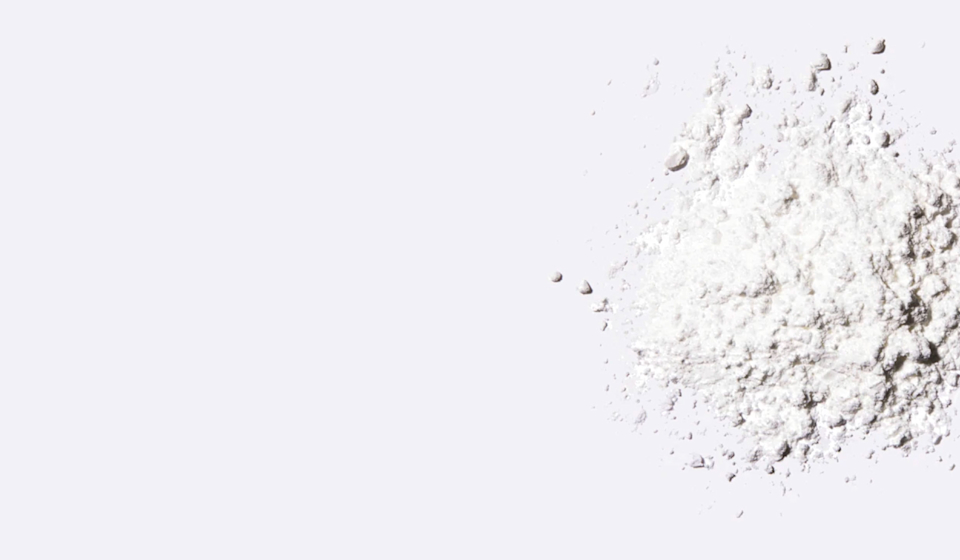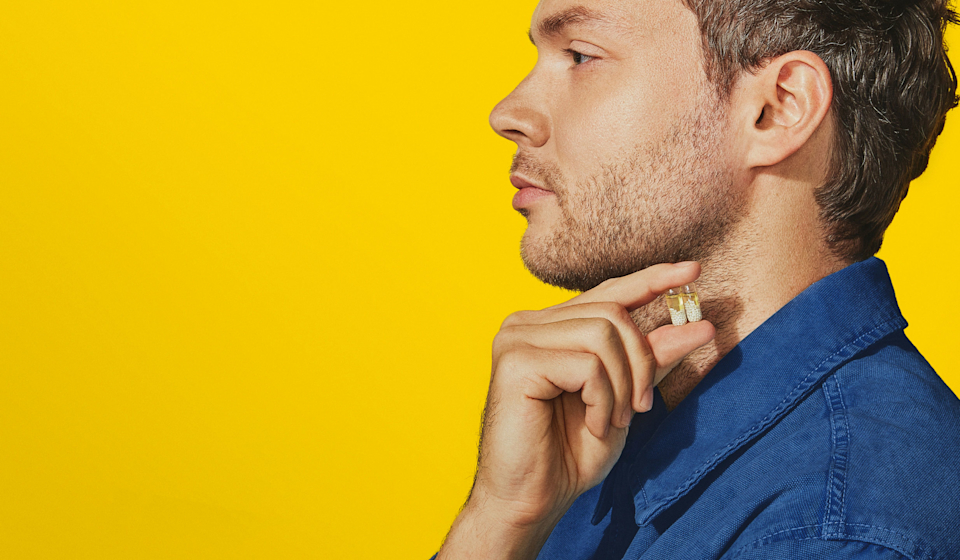Essential Takeaways
• You’re probably at least vaguely aware that zinc is an important nutrient to include in our diets. But do you know exactly how zinc lends support in our bodies?
• Men and women have different zinc needs—so it’s useful to understand how to meet the daily recommended intake.*
Zinc is a trace mineral that supports a variety of functions in the body, including normal immune function, bone support, and vision support. Not getting enough zinc from our diets may lead to shortfalls—which is why including this essential mineral is so important.* (1, 2, 3)
That said, just knowing that zinc has health-supporting benefits isn’t enough—when it comes to maintaining appropriate zinc levels, there’s a lot more to consider, from varying life stages and assigned sexes at birth (men and those who are breastfeeding have higher recommended intakes than non-pregnant people, for example) to the best zinc-rich foods to incorporate.* (1) And that’s not even to mention where zinc supplementation fits in: Should everyone be taking a multivitamin with zinc? What are some key indicators of quality? We’ll answer all that—and more—in this piece.
First Up: What Does Zinc Do?
Found in foods like oysters, beans, and nuts, zinc is a nutrient that helps support several important functions in the body. Like selenium and iron, it’s a trace mineral—and it’s typically thought of in relation to our immune system. That connection exists for good reason: Research shows that, among other things, zinc is a vitamin A-helper nutrient and helps support normal immune function and the maintenance of normal vision. Additionally, zinc plays a role in supporting protein synthesis and cell division* (1, 4)
Daily Zinc Intake: How Much Do We Really Need?
According to the Institute of Medicine (IOM), the Recommended Dietary Allowance (RDA) on how much zinc to take daily depends on age and assigned sex at birth.† Children 9-13 years have the same daily zinc needs (8 mg), while adult women over 18 have lower recommended daily intakes (8 mg) than males in their age group (11 mg). All of this is to say that men may need a little more help in the zinc department—which is where a multivitamin can come in handy.* (1)
Foods High in Zinc
One of the best ways to ensure we’re getting enough zinc? Our diet. (Like many dietitians and nutrition experts, we recommend following a food-first approach—that is, aiming to meet the majority of nutrient needs through a balanced, whole foods-rich diet, then supplementing to help fill nutrient gaps.)*
Fortunately, there are plenty of food sources of zinc—and incorporating foods with a high zinc content into our diet can help support daily zinc needs. (FWIW, an adult woman over 18 that regularly consumes foods high in zinc can likely meet those needs through diet alone.)*
Foods that contain zinc include (1,5):
- Oysters, canned: 77 mg per 3 oz serving
- Beef chuck roast, braised: 7 mg per 3 oz serving
- Alaska king crab: 6.5 mg per 3 oz serving
- Beef patty, broiled: 5.3 mg per 3 oz serving
- Lobster: 3.4 mg per 3 oz serving
- Pork chop: 2.9 mg per 3 oz serving
- Dark meat chicken: 2.4 mg per 3 oz serving
- Low-fat fruit yogurt: 1.7 mg per 8 oz serving
- Non-fat or low-fat milk: 1 mg per 1 cup serving
Shellfish, seafood, dairy products, and meat (in general, red meat is a great source of zinc) are different ways to meet nutrient needs—but eating animal foods isn’t the only option to fulfill dietary intake of zinc. There are plenty of plant foods that are sources of zinc, too—and people who follow a vegan or vegetarian diet can still get zinc from their food choices. Some vegan- and vegetarian-friendly, zinc-rich foods include (1, 5):
- Baked beans, canned: 2.9 mg per ½ cup serving
- Pumpkin seeds: 2.2 mg per 1 oz serving
- Cashews: 1.6 mg per 1 oz serving
- Chickpeas: 1.3 mg per ½ cup serving
- Hemp seeds: 2.9 mg per 3 tbsp serving
- Whole grains, like plain instant oatmeal: 1.1 mg/serving
- Zinc-fortified breakfast cereal (2.8 mg/serving)
By filling our plate with a variety of these foods, we can be well on our way to meeting adequate zinc needs. Plus, many of these sources contain other valuable nutrients, too—take cashews, which are a source of magnesium; meats, which boast a solid vitamin B12 profile; legumes like lentils, which are packed with protein; and even non-fat milk, which contains vitamin D.* (5)
Is Zinc in a Multivitamin Necessary?
It depends. If a person eats a variety of foods that have zinc, hitting their daily zinc intake might be relatively simple—especially true for women, who have slightly lower zinc needs than men. One exception? Pregnant and breastfeeding women over age 18—both groups have higher recommended daily values at 11 mg and 12 mg of zinc, respectively.
For men, on the other hand, taking a multivitamin with zinc may be a good idea. That’s why we add zinc to Essential for Men 18+ and Essential for Men 50+, along with nine other key nutrients. In order to best support zinc intake needs, we opted for zinc bisglycinate chelate in our formulas—a bioavailable form of zinc. Meet our zinc supplier here.* (1)











